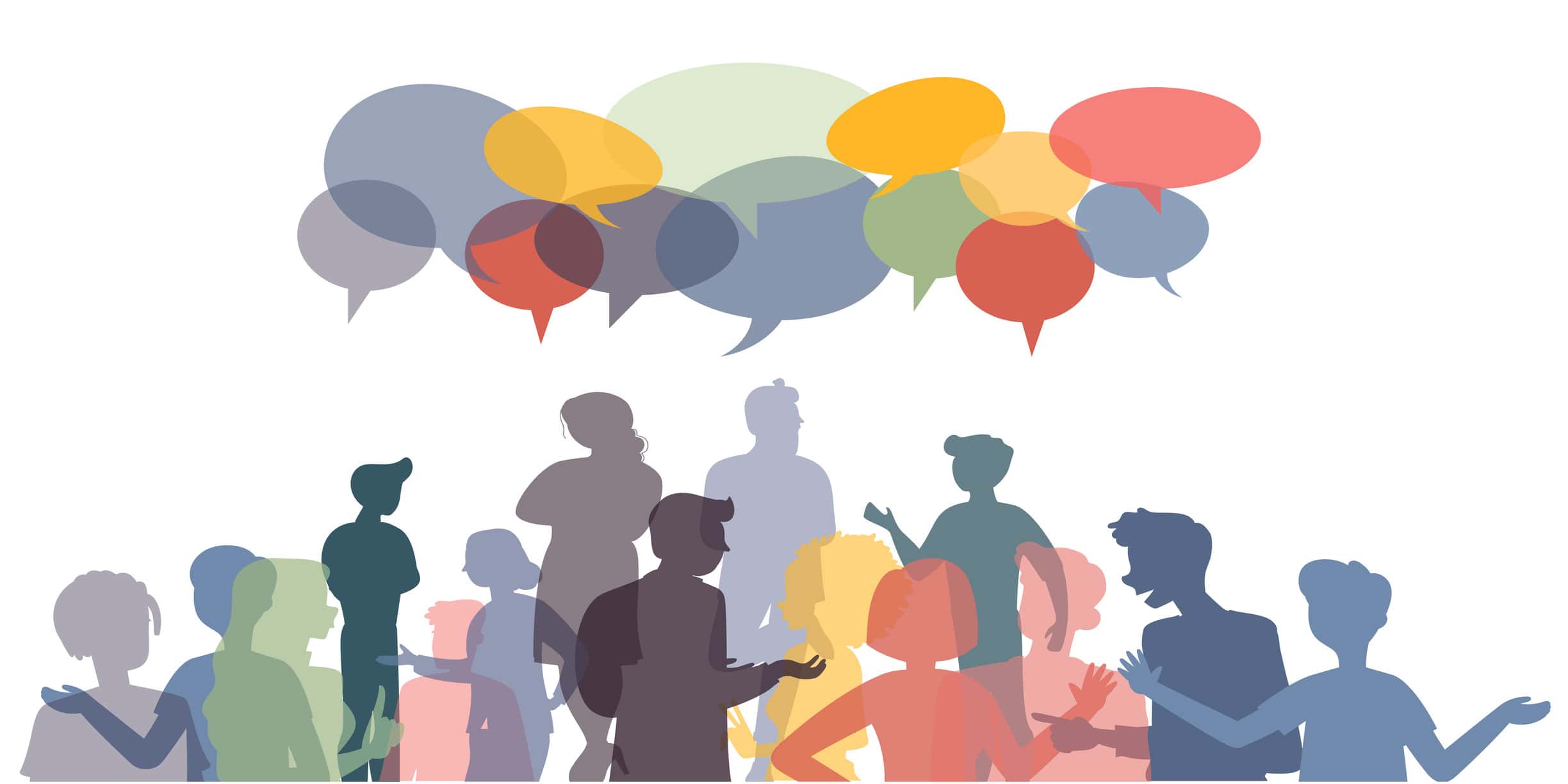Since founding Solara Health almost two years ago, I’ve played an active role in our company’s co-design work – partly because we’re a lean business with limited resources, but mostly because I love it. I want to stay close to the problem, to the people and to the moments that matter most in care. From day one, we’ve built our foundations not just on technology, but on relationships. We’re committed to a simple yet transformative principle: designing with, not for, the people we aim to serve.

In a recent co-design initiative focused on cancer care, we partnered with a leading private hospital group to better understand what patients, families, carers and clinicians actually experience day to day and how we might support that through a digital platform. But as we got into it, it quickly became clear that this was about more than just building tech. What really emerged was a shared understanding of the emotional, practical and human side of care, along with a clearer sense of where digital tools could genuinely make a difference.
Instead of diving into long strategy sessions or coming in with a set plan, we kept things simple and grounded. We ran short, focused workshops in familiar, welcoming spaces. We offered free parking, shared a meal and made sure everyone felt heard and appreciated. Most importantly, we created space for open, honest conversations where people could share their stories, emotions and ideas without judgment or pressure.
And the things people shared? They went far beyond checklists or feature requests. Patients opened up about what’s hard, what’s missing and what they wish was different. Clinicians spoke about clunky workflows, communication issues and how tech often adds to their workload instead of lightening it.
A wealth of insights came through that we simply wouldn’t have uncovered any other way. Things we didn’t even know to ask about. Some of the most powerful moments came from listening to the people living through cancer. One patient told us, “I feel I often get left behind because I don’t have one of the popular cancers.” That simple sentence reminded us that digital support can’t be one-size-fits-all. It needs to feel personal, inclusive and relevant, especially for those whose diagnoses don’t get the spotlight.
Another person shared, “As a result of the treatment I now suffer peripheral neuropathy, so I struggle to type things, but I’m able to swipe and press.” That insight directly shaped our user interface design direction.
Emotional load
The workshops also surfaced deeper emotional needs – not just for clinical information, but for plain-language communication, psychological support and help navigating the emotional load. Carers spoke up too and it became clear that their needs were often overlooked, even though they carry a huge part of the burden.
One thing we didn’t expect was how often patients would break off into side conversations during the workshops. Someone would share a story and before we could move on, another person would chime in with “That happened to me too,” or, “I thought I was the only one.” These spontaneous moments of connection sometimes made it tricky to keep the sessions on track, but we learned to lean into them.
What started as tangents often turned into some of the richest parts of the discussion. People were visibly relieved to know they weren’t alone in what they were feeling or going through. It was a reminder that beyond features and functionality, people need community – a space to connect, share and feel seen.
In fact, those very moments sparked an idea: what if our platform didn’t just support care, but also helped foster a sense of connection? We’re now exploring ways a digital peer-support community could complement the experience by helping patients and carers share their stories, offer encouragement and build strength together. Sometimes the most meaningful insights don’t come from the questions we ask, but from the conversations that unfold when people feel safe enough to speak freely.
Reshaped thinking
These insights didn’t just shape the product. They reshaped our thinking. They reminded us that behind every click, tap, or swipe is a person doing their best to get through something hard. And our job is to make that a little easier.
The experience really validated our product development approach, highlighting that it’s not just about getting user feedback – it’s about true partnership. When people are involved from the beginning as co-creators, not just testers, the insights go deeper and the outcomes are better.
At Solara Health, we try to stay close to the people we’re building for. That means fewer layers, more listening and working side-by-side with patients, families and clinicians. We want to build things that are not only useful, but meaningful.
And through this experience, one thing became crystal clear. Co-design isn’t just a process. It’s a mindset.







I wish it were more common. It also requires extra effort but is worth the effort.